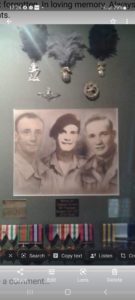
James Dowie
James Dowie served honorably as a member of the Royal Ulster Rifles during the Korean War. His family had a history of service, and it was with great pride that he continued the tradition. He enlisted on 17-1-46. He served in the Malaysian campaign before transferring to the Royal Irish Fusiliers for training. Upon completion, he departed for Korea with the Royal Ulster Rifles. At the Battle of Imjin, he was taken as prisoner of war. The date was 24-4-51. His mother received a telegram a few days later indicating that her son was missing in action. A month later, The British Red Cross Society informed the family that his name was indeed recorded as a prisoner of war. He was help captive at the Chongsong POW camp until his release in September of 1953. While held prisoner, he experienced very cramped living spaces, often 10 men to a room with less than a square yard per man. The living conditions were quite intolerable. Hunger was an ever present issue. Chinese indoctrination classes were mandatory for the prisoners where they would spend long hours listening to lectures and discussions. Obedience and good behavior were expected and examinations would be given. Mr. Dowie survived and was returned home. He continued his service until 14-1-58. He was discharged with exemplary conduct and it was stated that he deserved “the best civilian life”. We are thankful for Mr. Dowie.
Korean War - Key Events
April 25, 1951
Vastly outnumbered UN forces check the Chinese advance on Seoul at the Battles of Kapyong and the Imjin River. Two Commonwealth battalions—the 2nd Battalion of the Princess Patricia’s Canadian Light Infantry Regiment and the 3rd Battalion of the Royal Australian Regiment—rebuff an entire Chinese division at Kapyong, and 4,000 men of the British 29th Brigade stage a successful delaying action against nearly 30,000 troops of the Chinese 63rd Army at the Imjin River. Some 650 men of the 1st Battalion, the Gloucestershire Regiment (the “Glorious Glosters”), engage in a Thermopylae-like stand against more than 10,000 Chinese infantry at Imjin. Although the overwhelming majority of the Glosters are killed or captured, their sacrifice allows UN forces to consolidate their lines around the South Korean capital.
These events are taken from the Encyclopedia Britannica
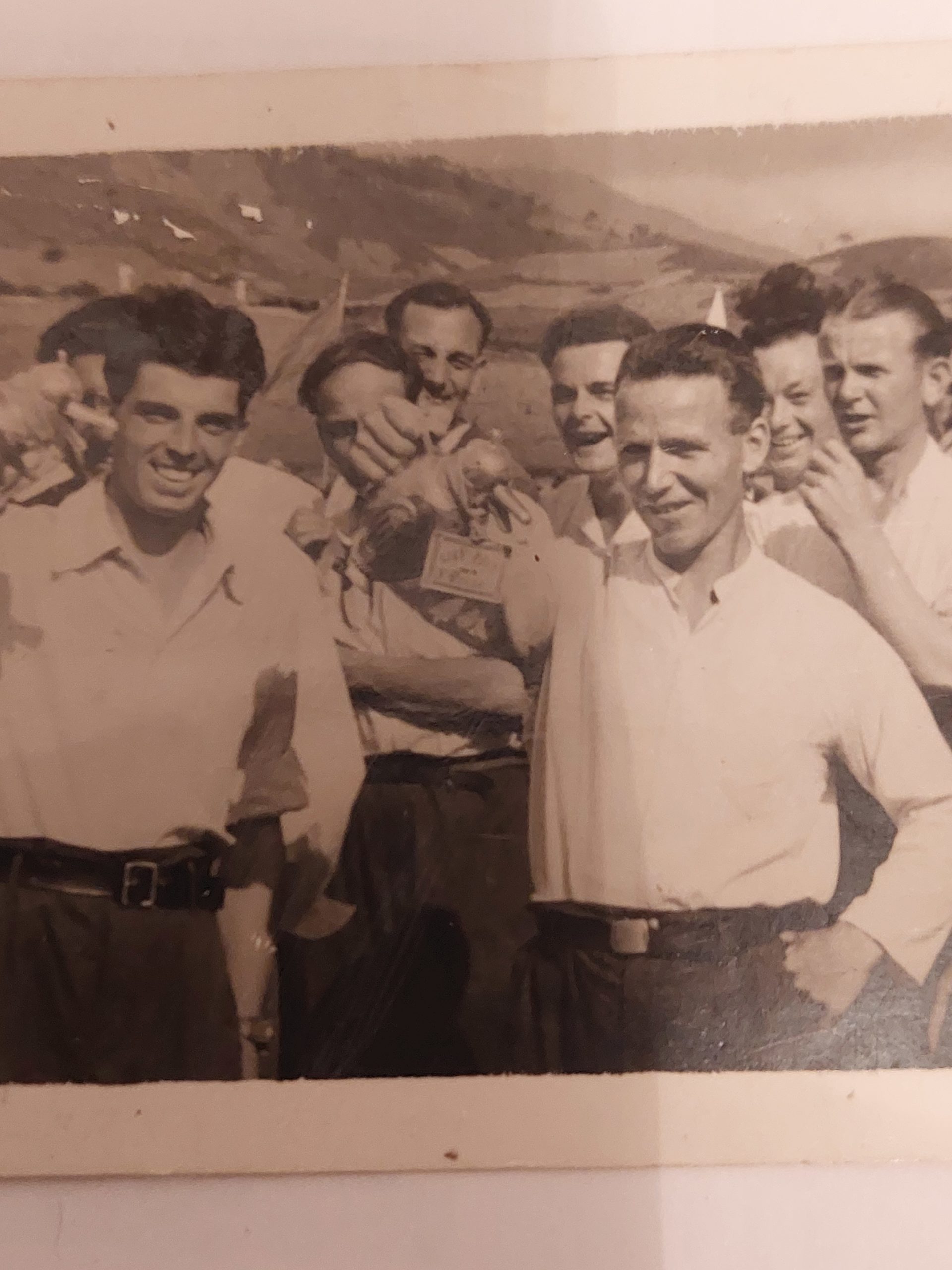

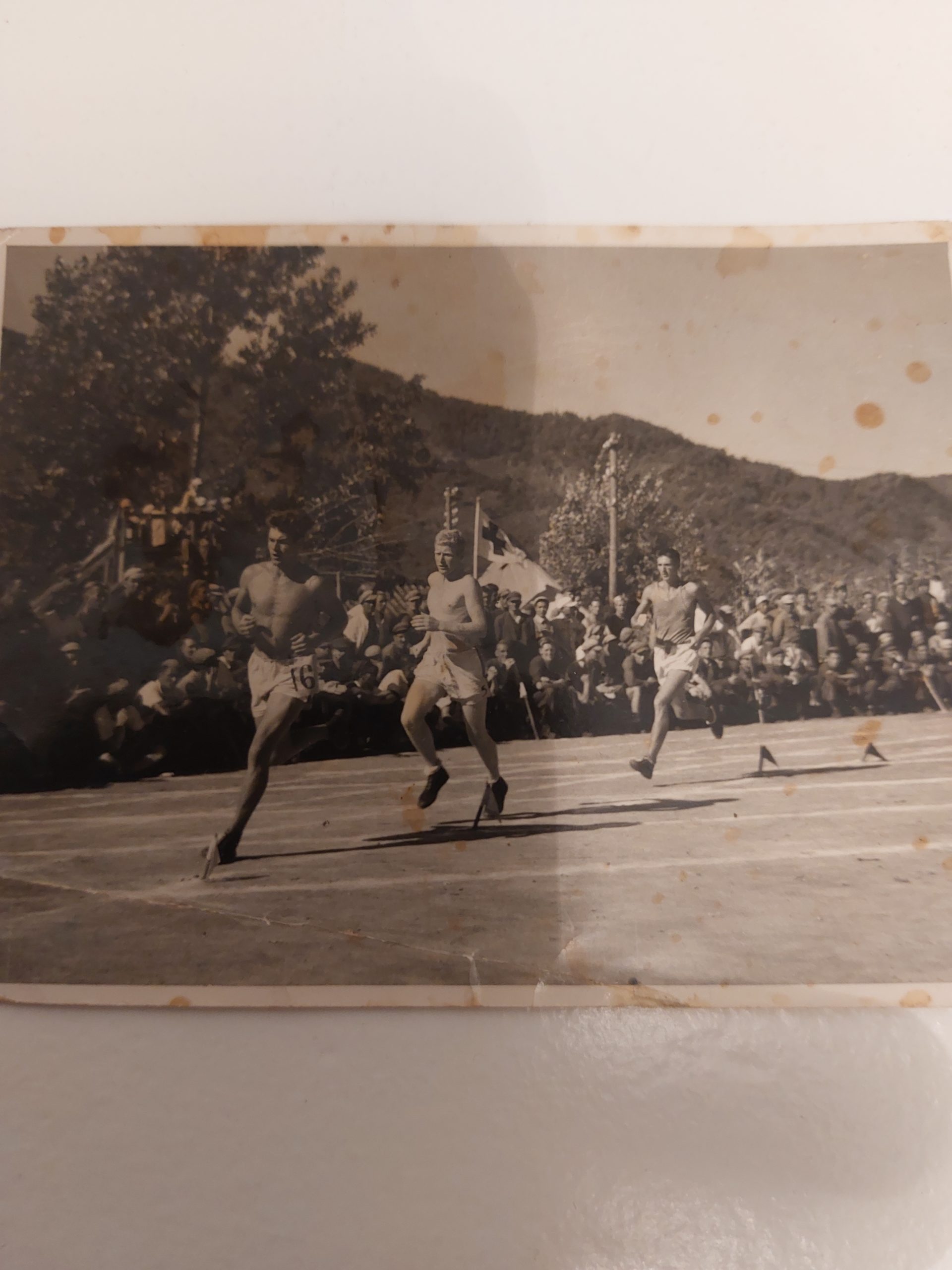
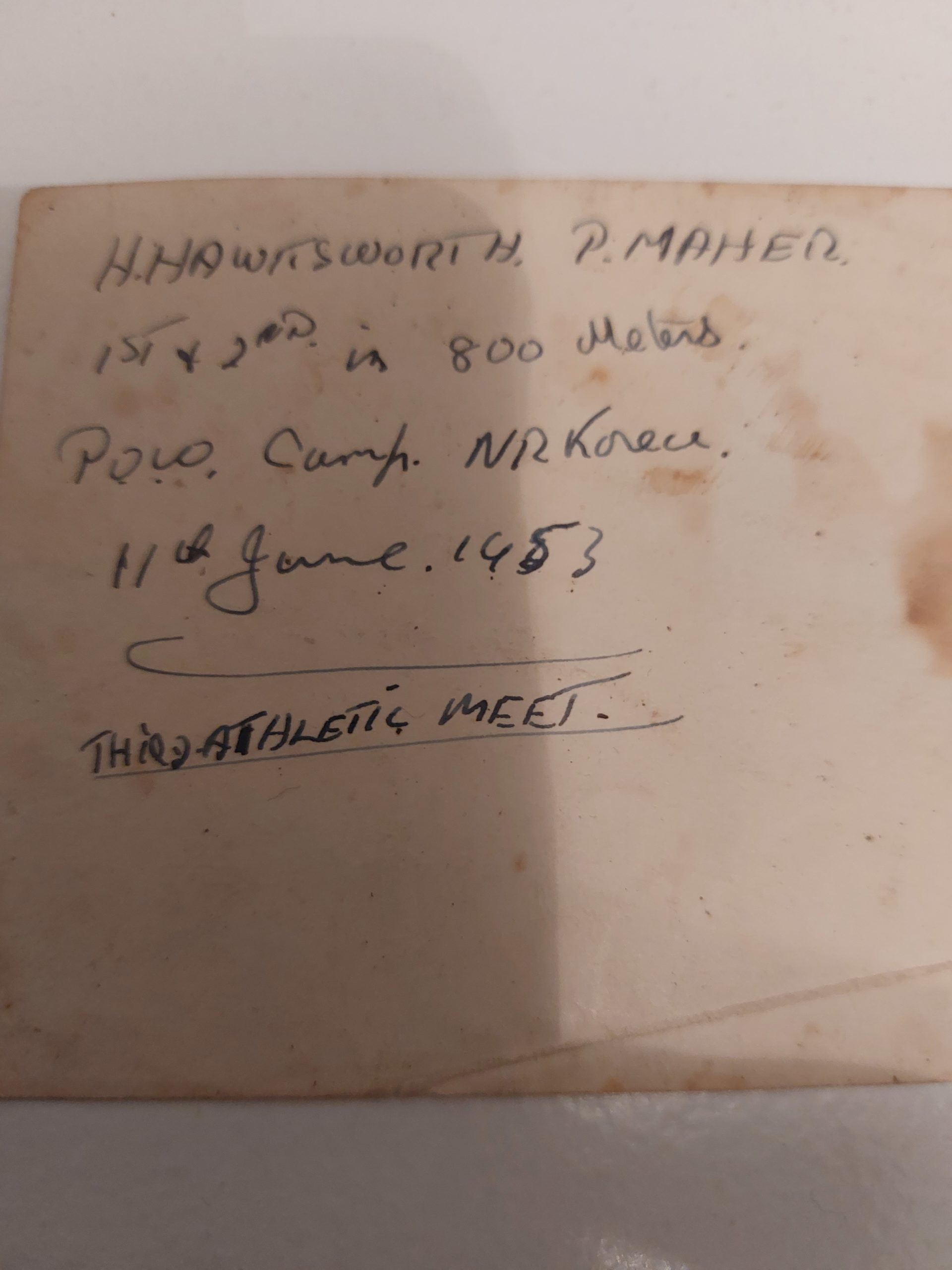
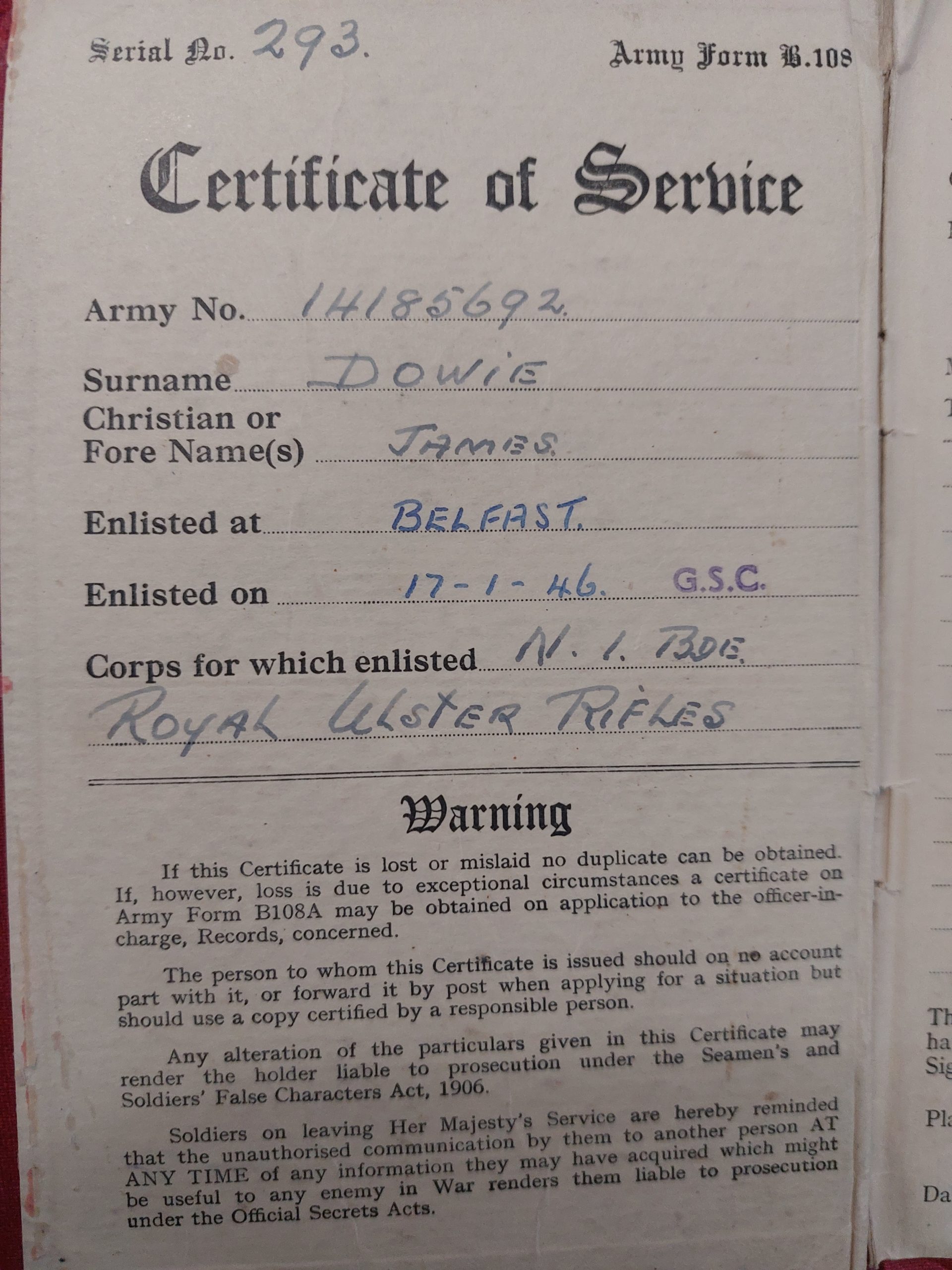

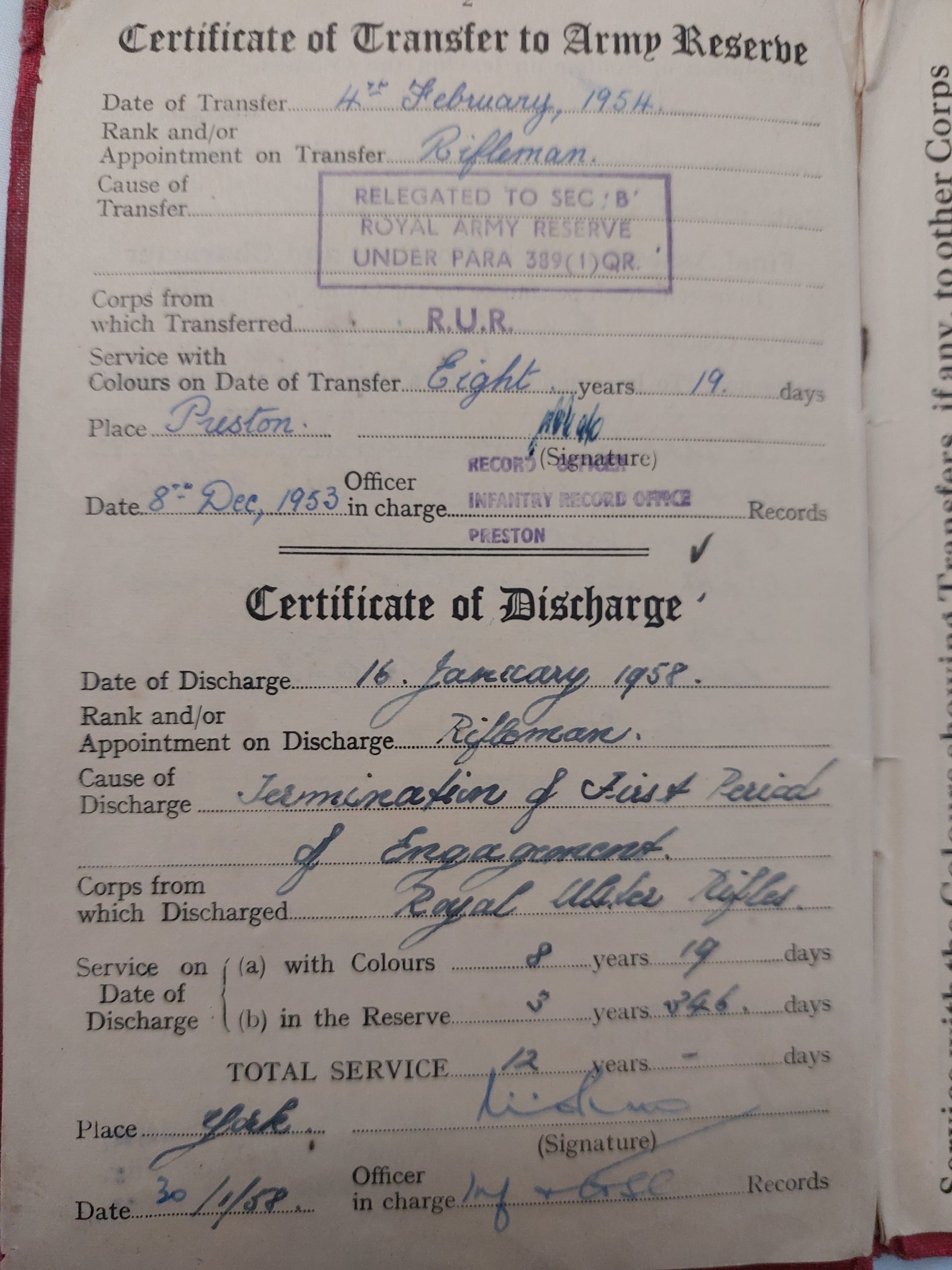
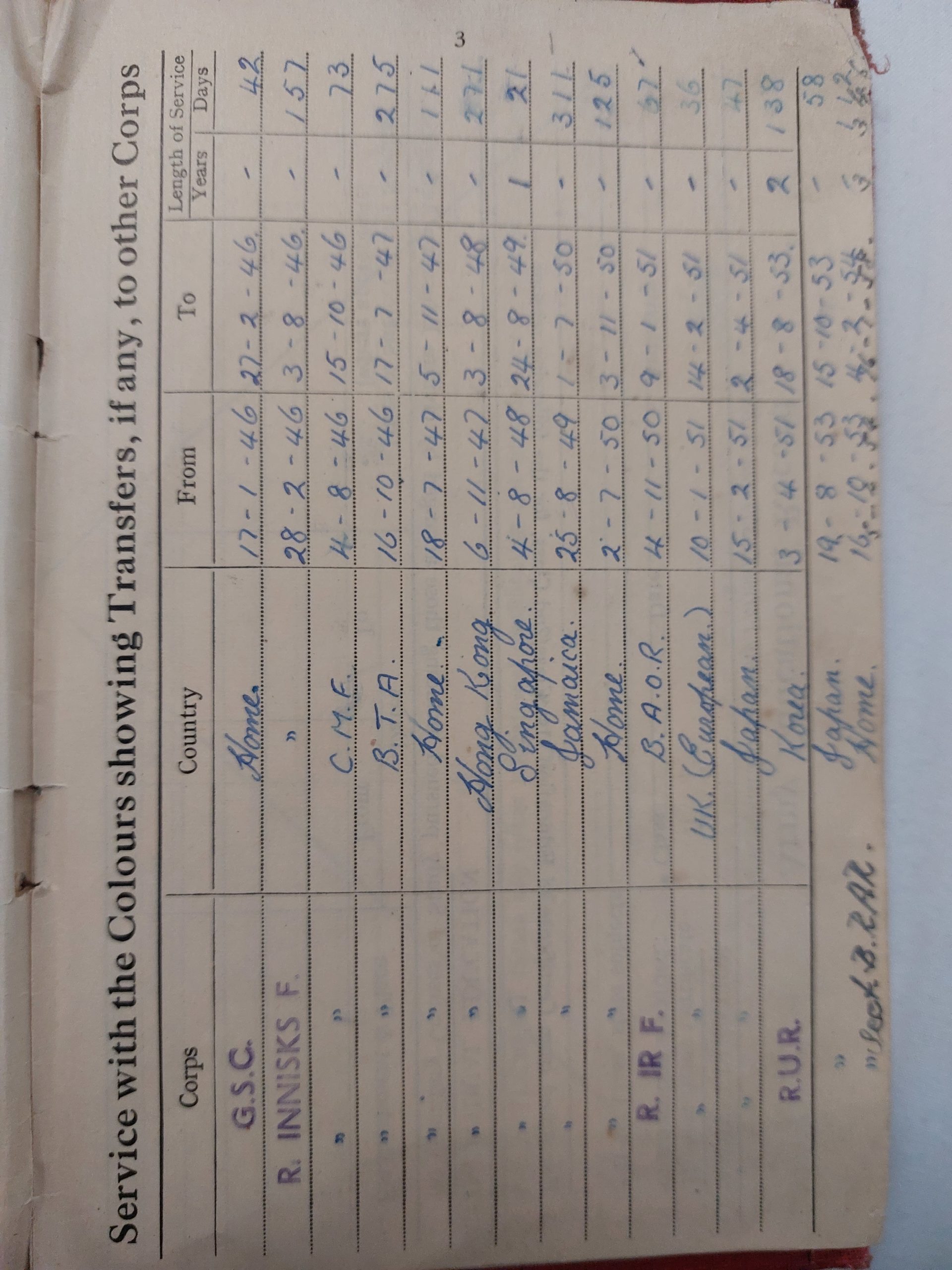
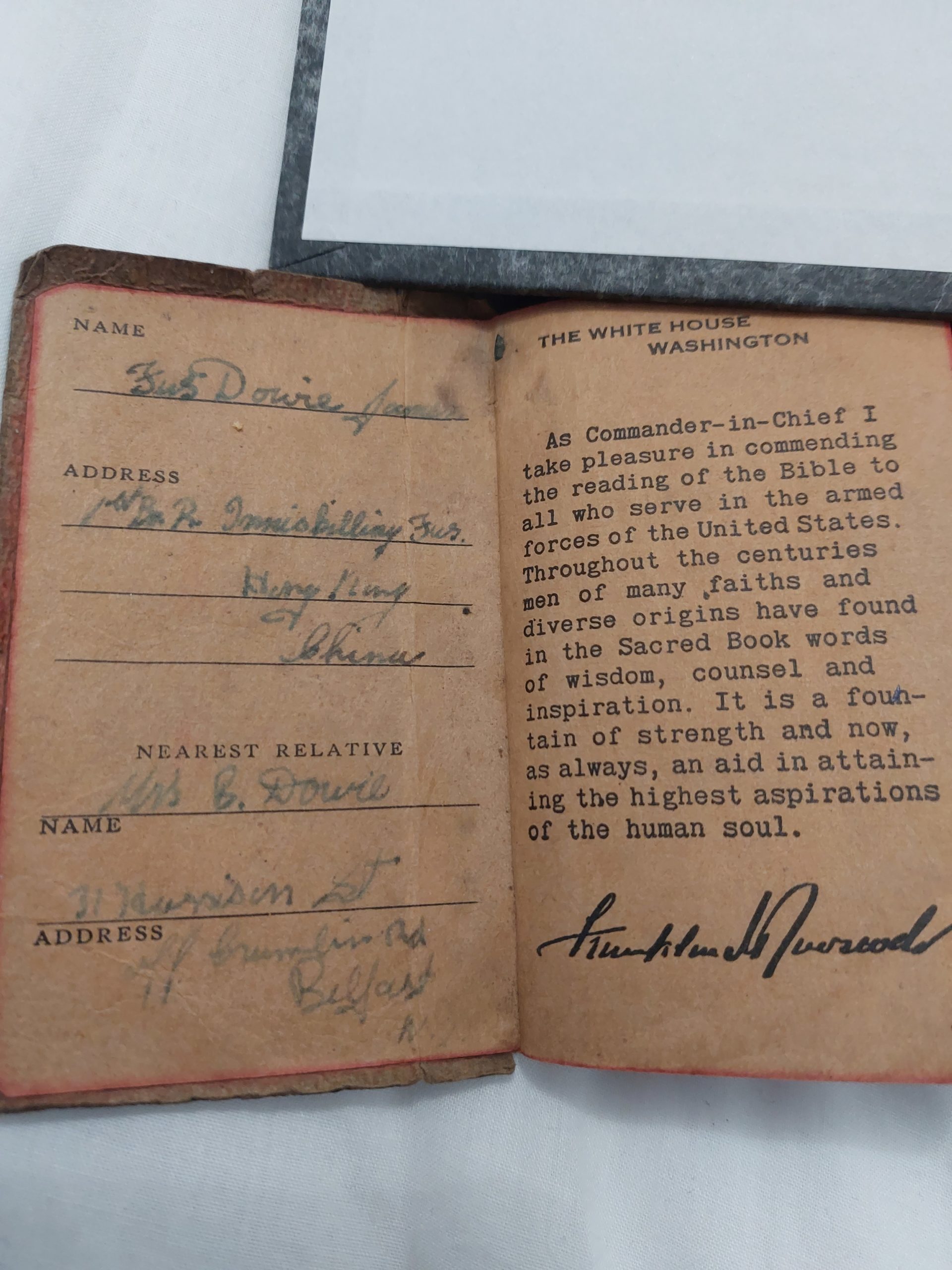
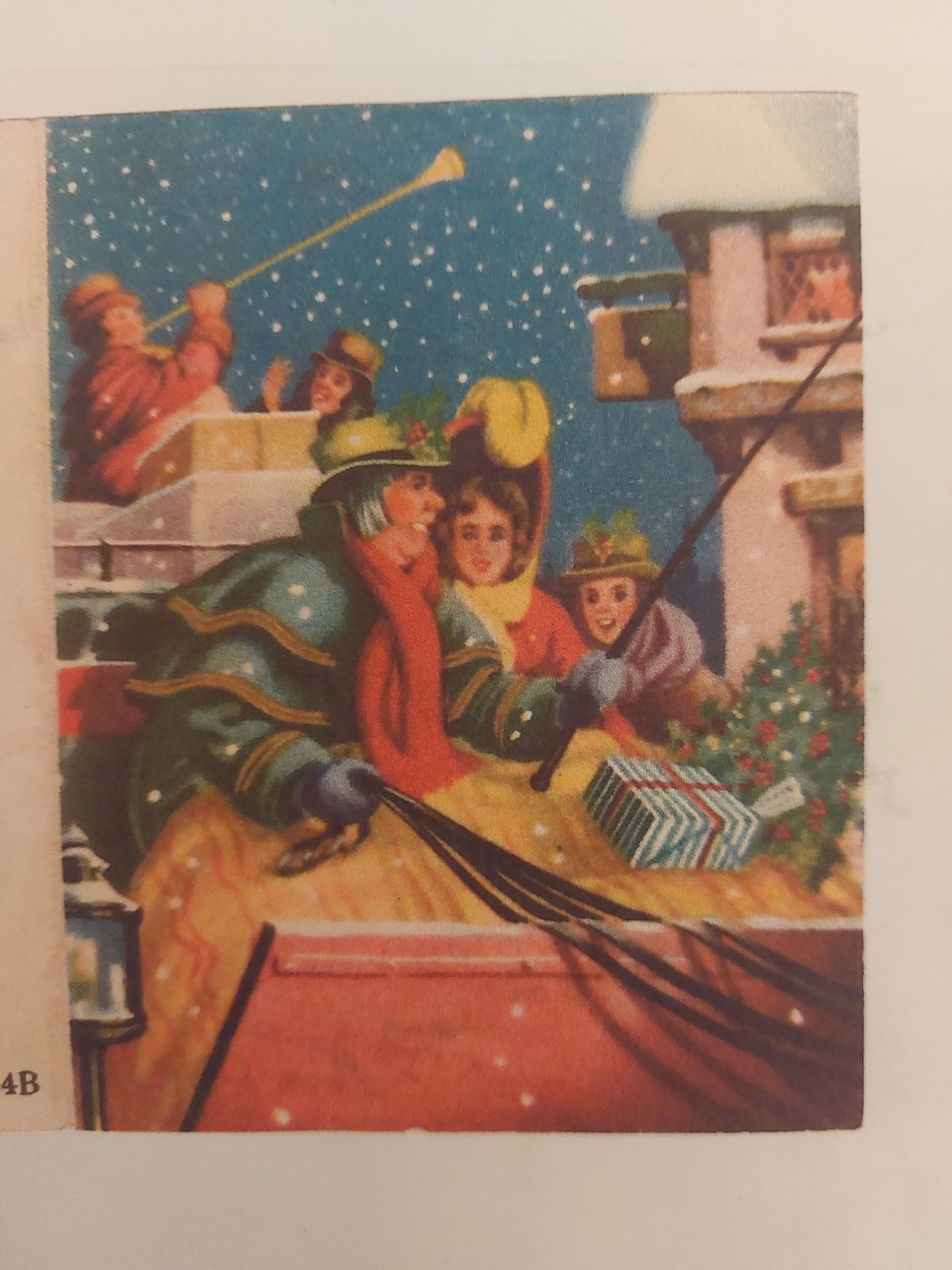


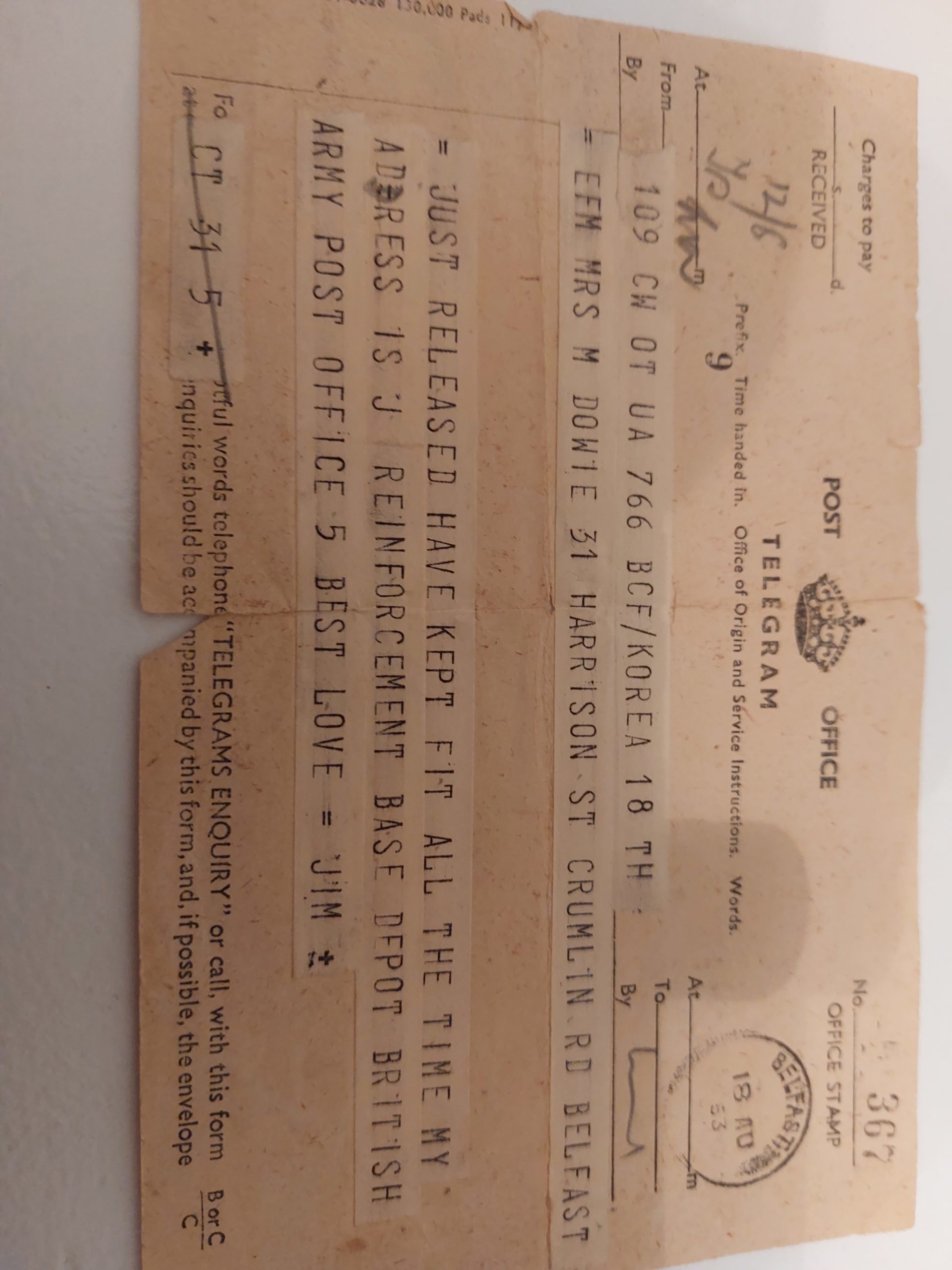
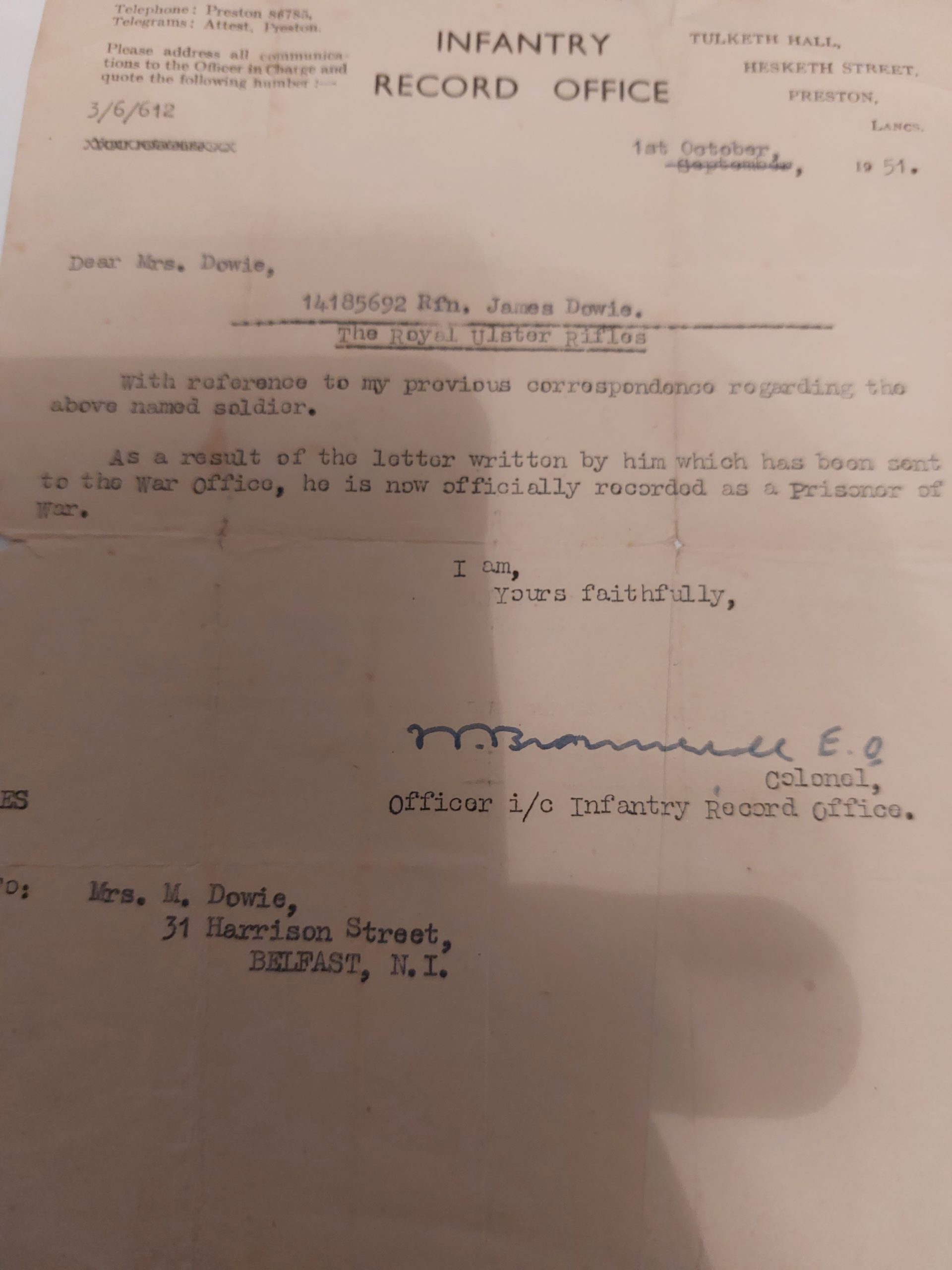
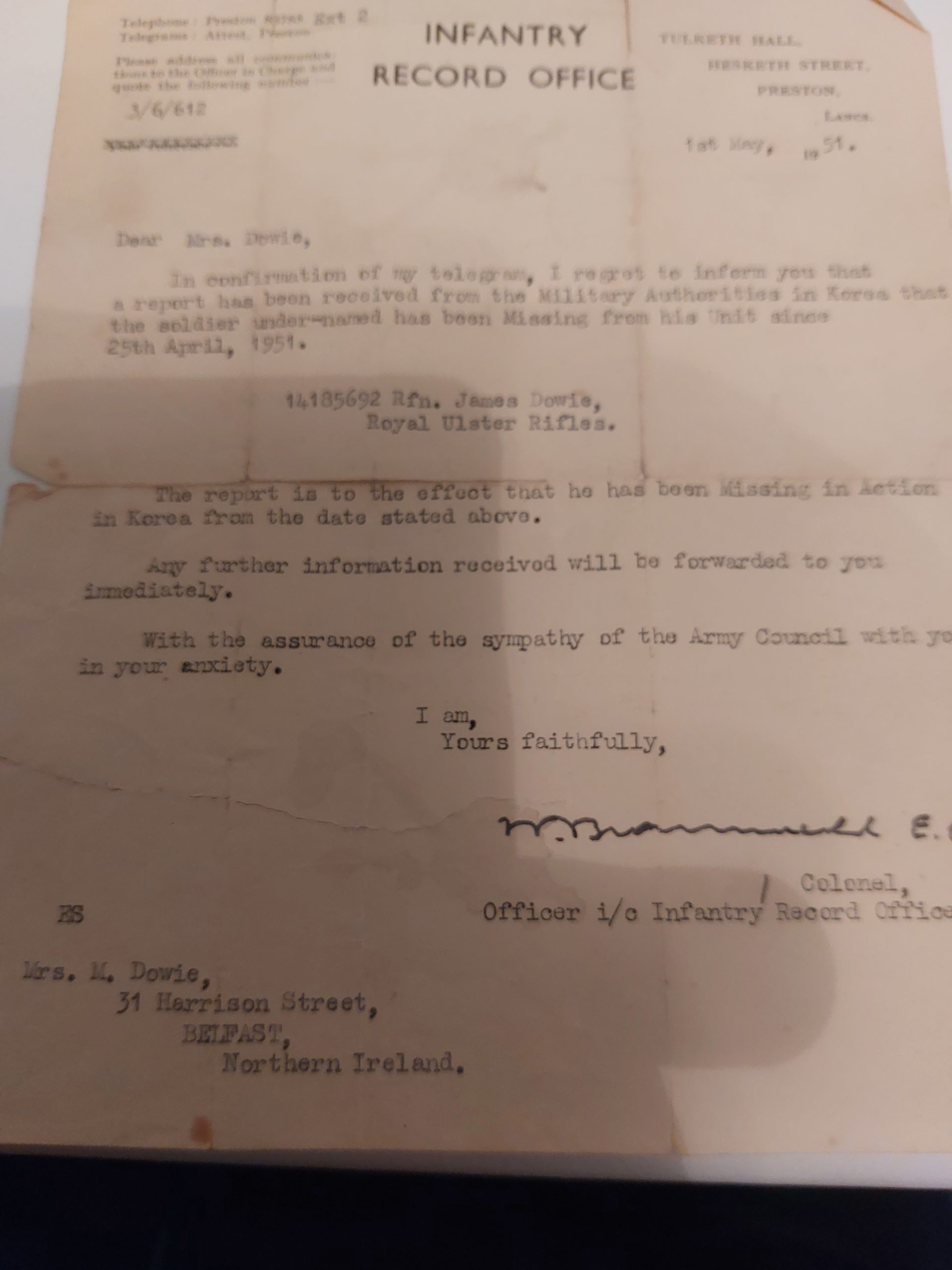
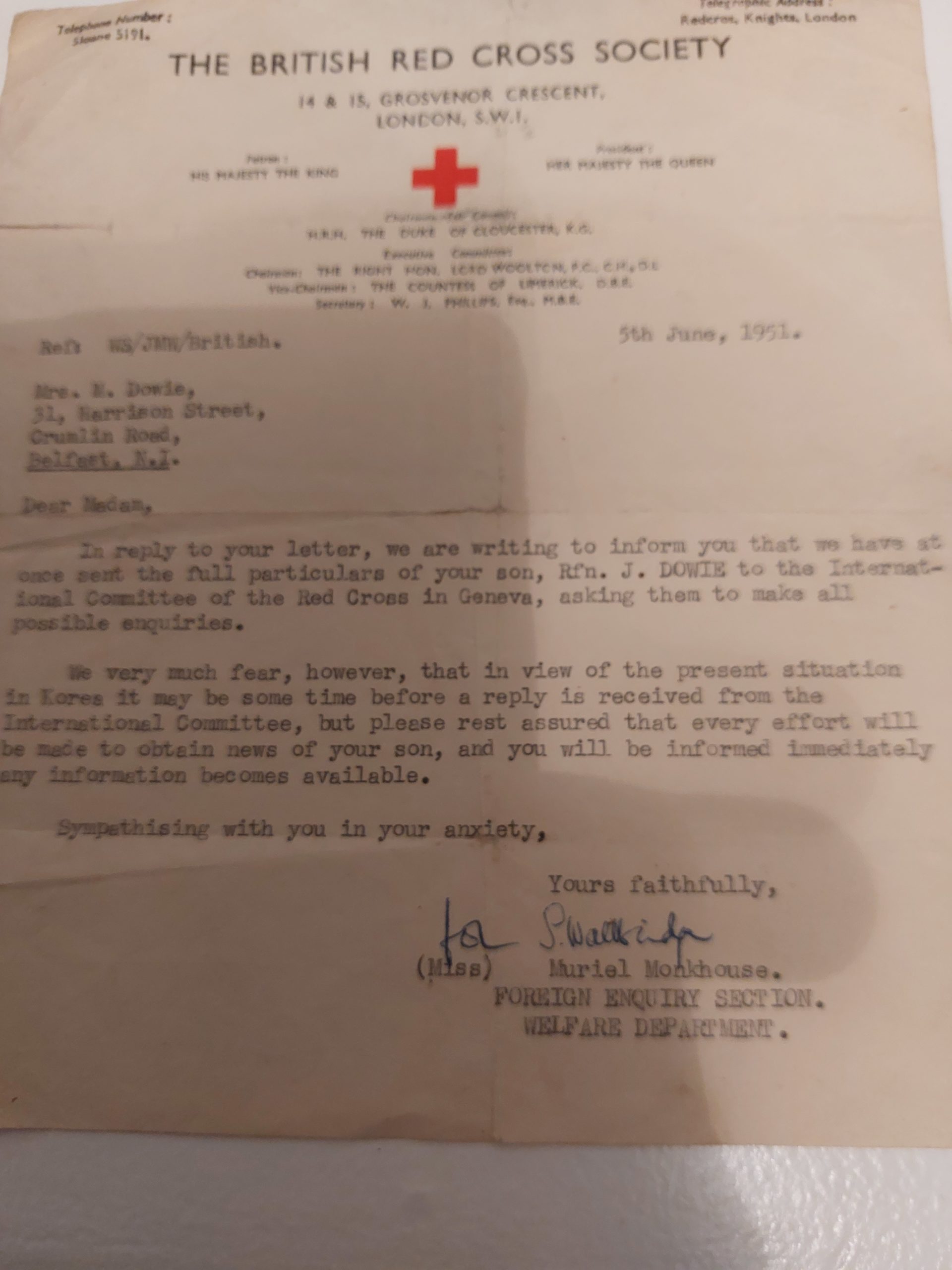
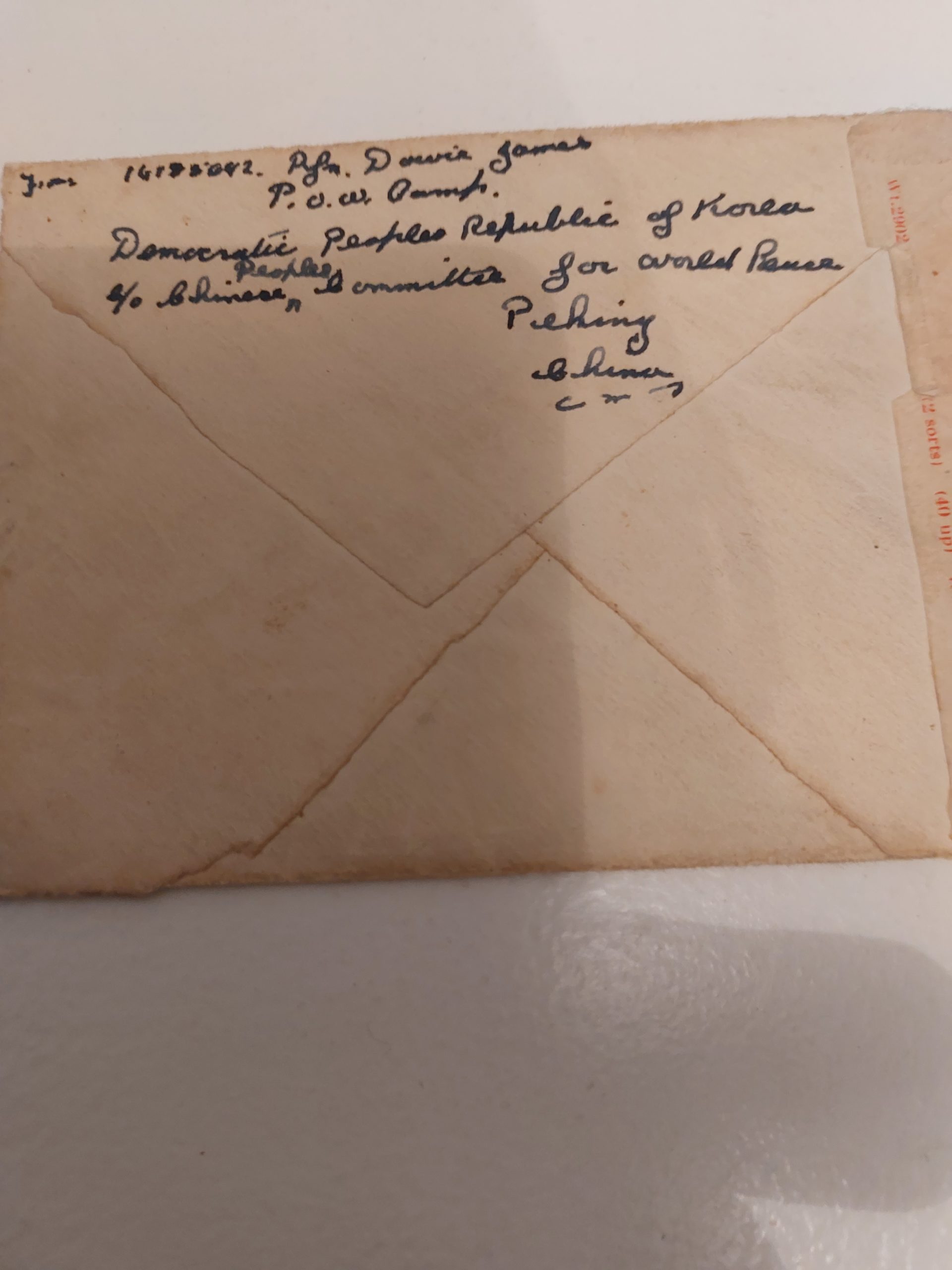

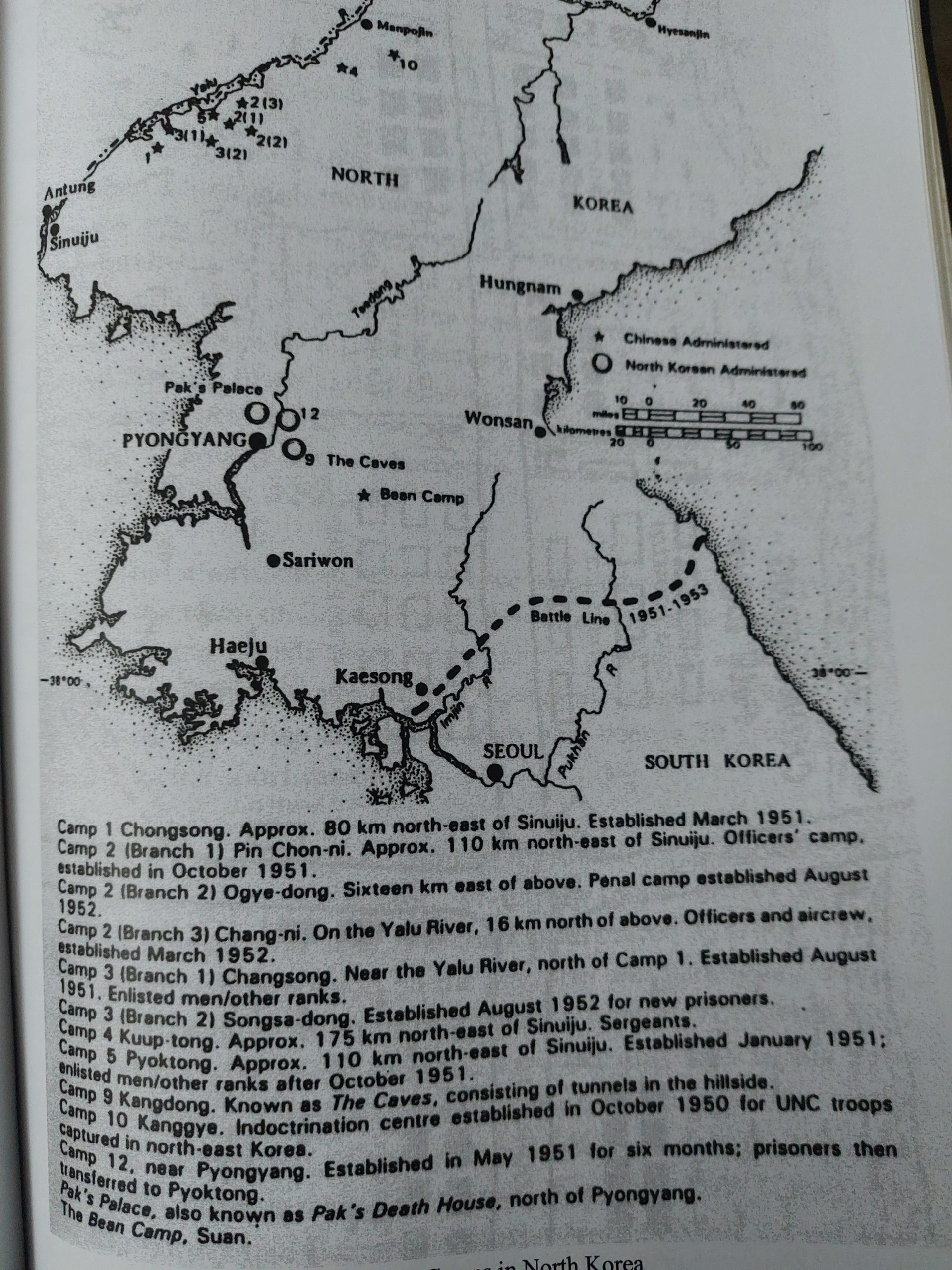
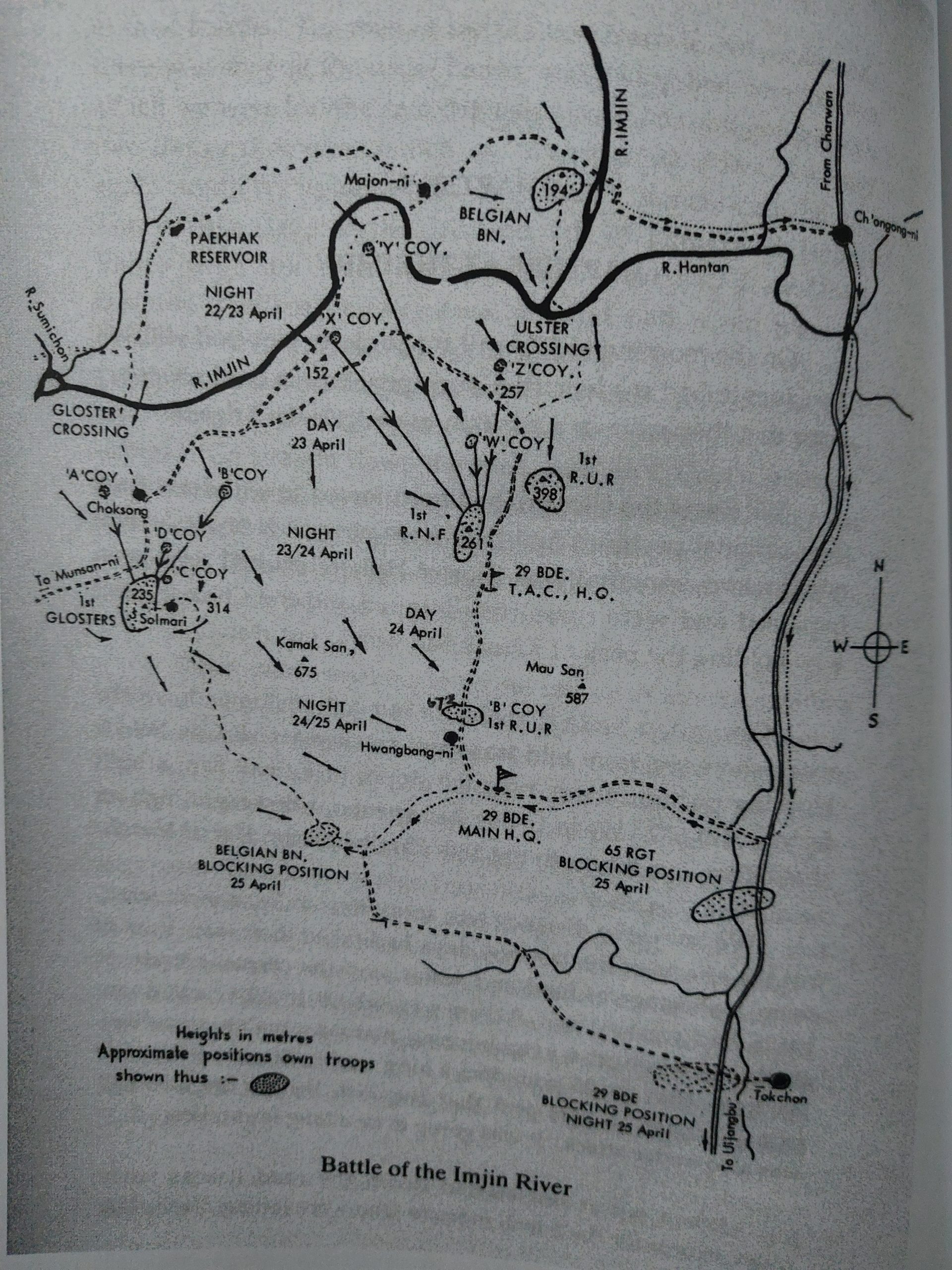
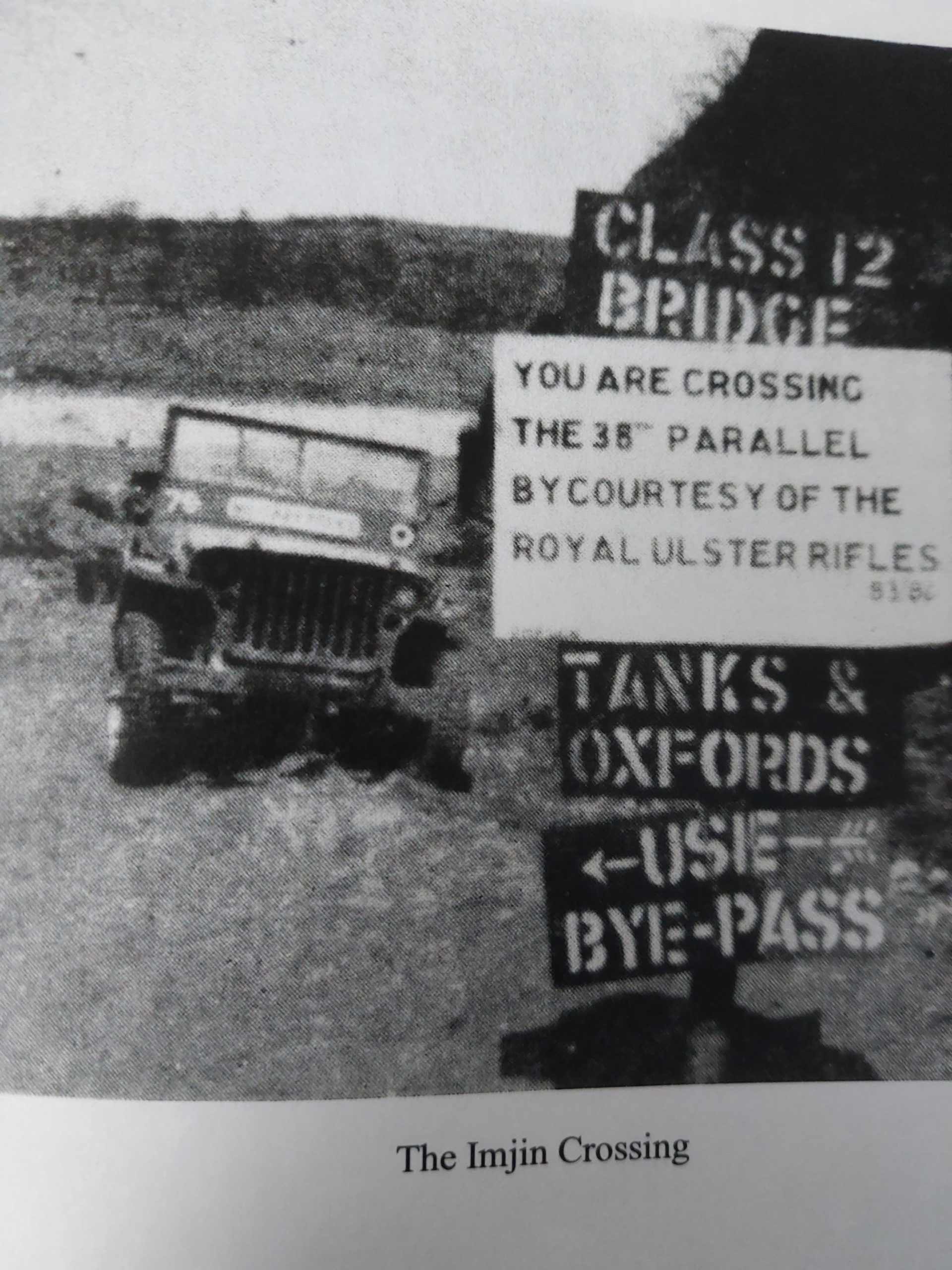

Comments
Likes 2
You must be a registered user to comment or like - please register to join us!